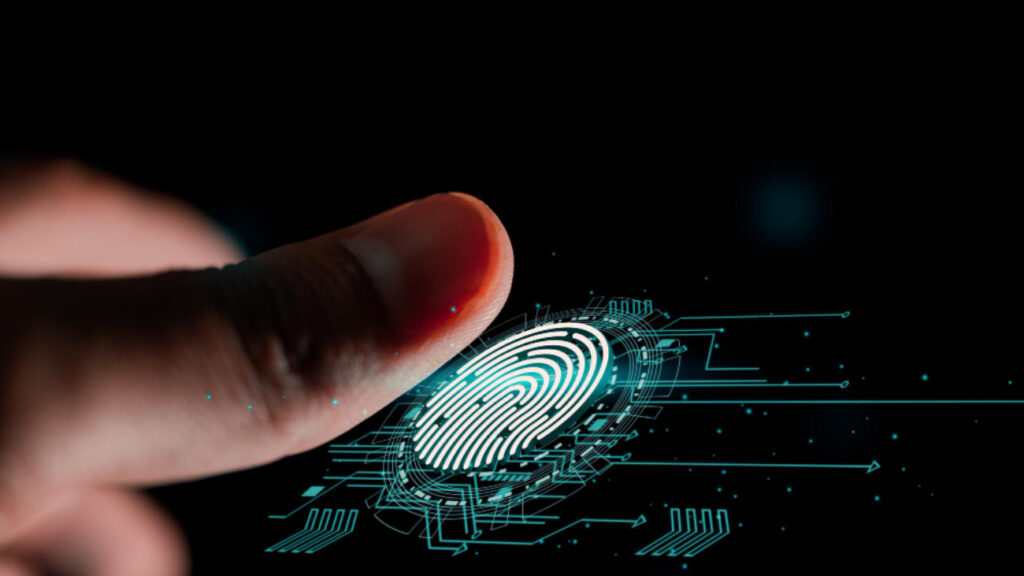The internet as we know it was built on accounts—individual logins for every platform, app, and service stated Bahaa Abdul Hadi. From social media to shopping, banking to entertainment, we’re required to create separate usernames and passwords just to prove who we are. But this fragmented approach is no longer sustainable. It’s inconvenient, insecure, and outdated in a world demanding smoother, safer digital experiences. The shift is underway—toward an internet built around identity, not accounts.
This new approach emphasizes a unified digital presence, where your identity is portable, secure, and controlled by you—not scattered across endless platforms. It’s about replacing outdated login systems with decentralized, verified identities that follow you anywhere online.
The Problem with Account-Based Access
We’ve all been there: forgetting a password, juggling multiple accounts, or filling out the same forms over and over. Account-based systems create:
- Redundant user profiles
- Weak security due to reused or easy passwords
- Frustrating user experiences
- Centralized data storage vulnerable to hacks
These traditional systems were never designed to keep up with the complexities of modern online life, especially with privacy, convenience, and trust becoming more important than ever.
What Does Identity-Centric Internet Mean?
Shifting to an identity-based internet means your verified digital identity—not your account credentials—is what grants you access. Think of it like a digital passport or driver’s license that can prove who you are instantly, securely, and universally.
This can be achieved through technologies such as:
- Decentralized Identifiers (DIDs)
- Digital wallets for storing credentials
- Biometric verification (fingerprint, face ID)
- Zero-knowledge proofs that confirm your identity without exposing sensitive data
Your identity becomes your login—used across platforms without needing multiple accounts.
Why This Shift Matters
- Better Security & Privacy
With identity-based access, users can eliminate weak passwords and reduce reliance on centralized databases that are vulnerable to breaches. Your personal data stays with you, not on a company’s servers. - Frictionless User Experience
Imagine accessing any website, app, or service without filling in forms or remembering logins—just a tap or scan to confirm your identity. - Ownership of Personal Data
In an identity-first internet, you choose what information to share and with whom. You can update your data once and apply changes universally—offering greater control and transparency.
The Role of Digital Wallets and Decentralized Identity
- Digital Wallets: Just like holding credit cards or ID in your physical wallet, digital wallets hold verified credentials—like your age, citizenship, or health records—that can be selectively shared.
- Decentralized Identity: No single company controls your identity. Instead, identity is verified through trusted institutions but stored and managed by you. Think of universities issuing digital diplomas, or governments offering digital IDs.
Real-World Examples Already Taking Shape
- Login with ID: Platforms like LoginID and solutions using Web5 or blockchain ID systems let users log in without creating an account.
- Health Credentials: COVID-era digital health passes showed how identity could be used securely without handing over excess personal data.
- Government-Issued Digital IDs: Countries like Estonia and India are leading the way with national digital identity programs that integrate with countless services.
Challenges Ahead
- Adoption & Interoperability: For identity-based internet systems to work globally, standards need to be widely accepted and compatible across platforms.
- User Trust: People must feel confident that their identity is secure, private, and not being exploited.
- Regulation & Governance: Clear rules are needed to ensure ethical use and protection of digital identities.
Conclusion
Rebuilding the internet around identity, not accounts. It puts you at the center of your online experience, giving you control over your data, your privacy, and your interactions. As decentralized identity technology matures, we’re moving toward a more secure, seamless, and human-centered internet. The era of password fatigue and profile overload is ending—replaced by a smarter, identity-first digital world. Thank you for your interest in Bahaa Abdul Hadi blogs. For more information, please visit www.bahaaabdulhadi.com.







